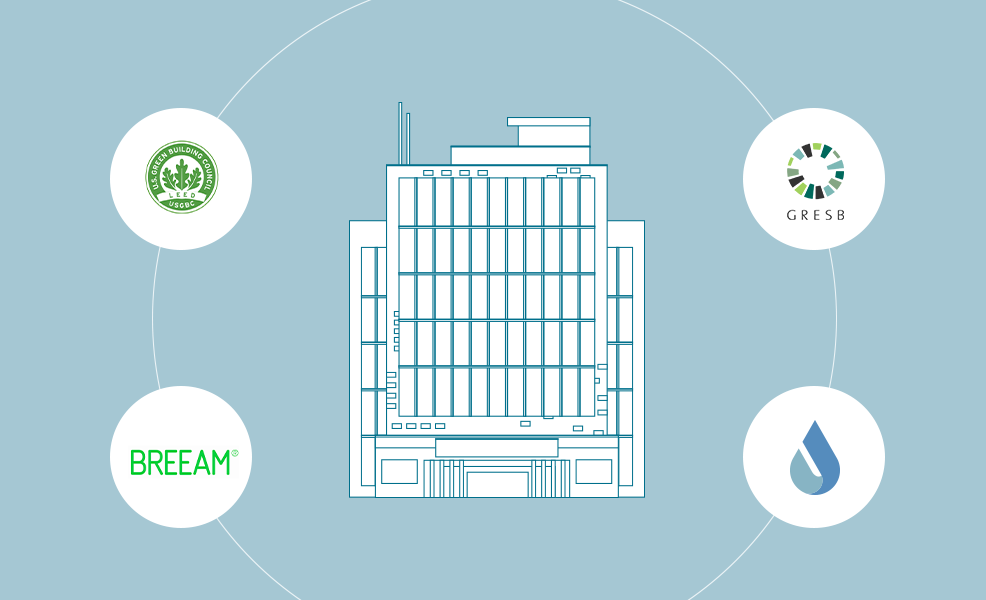In today’s increasingly environmentally-aware society, sustainability efforts have become a crucial aspect of property management. Property owners and occupants are seeking ways to validate their commitment to environmental responsibility while reaping the benefits of reduced operating expenses and increased property values. One effective way to achieve this is to obtain water-focused sustainability certifications. In this blog post, we will explore the significance of these certifications and highlight some key ones in the industry.
The Importance of Certifications
Certifications play an important role in providing neutral and trusted validation of a property’s sustainability efforts. They are a clear indicator that a property adheres to strict environmental standards, making it more appealing to potential buyers, occupants, and investors. Beyond the positive impact on property values, certifications also lead to reduced operating expenses and increased Net Operating Income (NOI), benefiting property stakeholders in multiple ways.
Key Water-Focused Sustainability Certifications
a) LEED (Leadership in Energy and Environmental Design)
LEED, developed by the U.S. Green Building Council (USGBC), stands as a globally recognized green building certification program. It provides a comprehensive framework for creating healthy, efficient, and cost-saving green buildings. LEED certifications are available for various building types, including new construction, interiors, operations and maintenance, and core and shell. Projects are awarded points based on their sustainable features.
Water Efficiency Categories in LEED:
- Building level water metering
- Outdoor water use reduction
- Indoor water use reduction
b) BREEAM (Building Research Establishment Environmental Assessment Method):
BREEAM is a leading sustainability assessment method commonly used in the United Kingdom and Europe. This science-based certification system focuses on improving asset performance at every stage of a building’s lifecycle, from design and construction to use and refurbishment.
Water Efficiency Categories in BREEAM:
- Water consumption
- Water monitoring
- Water leak detection and prevention
- Water efficient equipment
c) GRESB (Global Real Estate Sustainability Benchmark):
GRESB is a renowned organization that assesses the Environmental, Social, and Governance (ESG) performance of real estate portfolios and infrastructure assets worldwide. It offers standardized benchmarking tools to evaluate sustainability performance, mainly utilized by investors, asset managers, and property companies to monitor their investments’ sustainability efforts.
Water Efficiency Category in GRESB:
- Collection of water consumption data
Maximizing Certification Impact with H2know
H2know is invaluable for properties seeking to enhance their water efficiency and obtain higher sustainability certifications. It provides various solutions for each certification:
- LEED: H2know can provide the building-level water metering required to access any points in the water efficiency category. Up to 15 credits are available.
- BREEAM: H2know can be placed on the mains and provide a leak detection system. Contributes 2 credits towards certification.
- GRESB: H2know facilitates data collection and reporting automation, positively impacting the property’s score in the water consumption data category. 7 credits are impacted.
Conclusion
Certifications hold immense value for property owners and occupants, as they validate sustainability efforts, drive property values up, and reduce operating expenses. Key water-focused sustainability certifications like LEED, BREEAM, and GRESB are recognized globally and carry substantial weight in the real estate industry. By leveraging H2know, properties can maximize their water efficiency and work towards achieving higher certifications, benefiting both the environment and their stakeholders. Investing in water is a responsible choice and a strategic one for long-term success in the real estate market.

